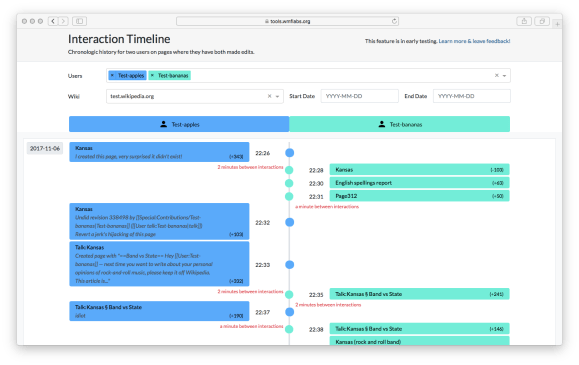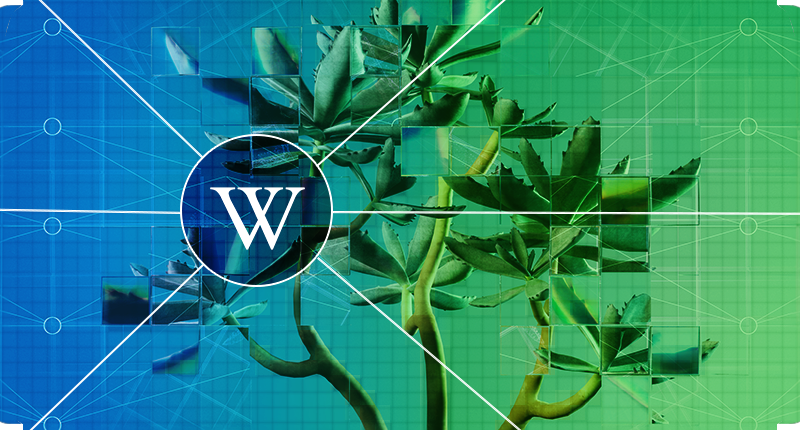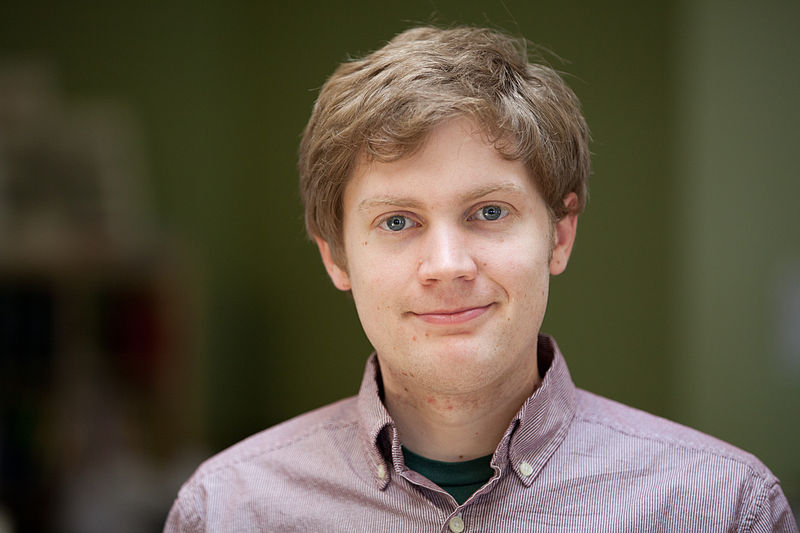Most of the time, Wikimedians work together in healthy, collaborative ways. However, there are times when Wikimedia volunteers and administrators have to deal with problematic behaviour in their communities. This work can be very difficult; disputes may start in one place, and move to another. They may simmer over long periods of time, occasionally boiling over then cooling off again. This can make the work of reviewing a situation time-consuming and frustrating.
The Wikimedia Foundation’s Anti-Harassment Tools team has been working with Wikimedia administrators and contributors (English, Meta-Wiki) to identify areas where tools can help make difficult jobs less time-consuming and discouraging. The interaction timeline tool is a useful addition to the suite of tools available for looking at inter-user disputes.
The interaction timeline is a way to look at two contributors’ editing history—where they have interacted, when, and how often. It offers a clean visual summary of connections between two users. This can help add clarity when reviewing reports of harassment and abuse, and takes some of the burden off both the people reviewing problems, and the people reporting them.
To use this tool, first choose the project you would like to look at. Then enter the usernames of the two accounts you would like to see interactions for. If you have a date range you would like to look at specifically, use the date selector. From here, the tool will give you a timeline of all pages where the two accounts have intersected, as well as links to the difference page showing the edit. It can tell you how much time has elapsed between edits, as well as the bytes added or removed.
Currently, a way to generate wikitext about the tool’s results is under development. You can suggest ideas about the best way to summarize the information for better noticeboard harassment reports. This tool has several other features requests in Phabricator; if you have a suggestion for development, or are interested in helping translate the interface to more languages, please drop by the Phabricator task board for the tool.
If you are one of the many people who help deal with disputes, harassment and problems between users on Wikimedia projects, your work is invaluable. Hopefully this tool can reduce the time and strain that comes from reviewing long talk pages and contribution histories. The editor interaction analyser, Intertwined, and Intersect can be used in conjunction with the interaction timeline to gain a fuller picture than one tool alone.
Please add the timeline to your toolbox, and let us know what features or fixes you would like to see in the future!
Sydney Poore, Trust and Safety Specialist
Wikimedia Foundation
*Unsplash’s licensing terms changed on 5 June 2017. This photo was published on 25 April 2016.





